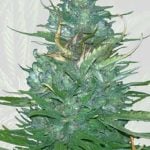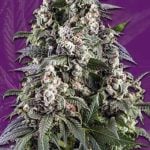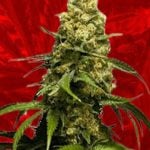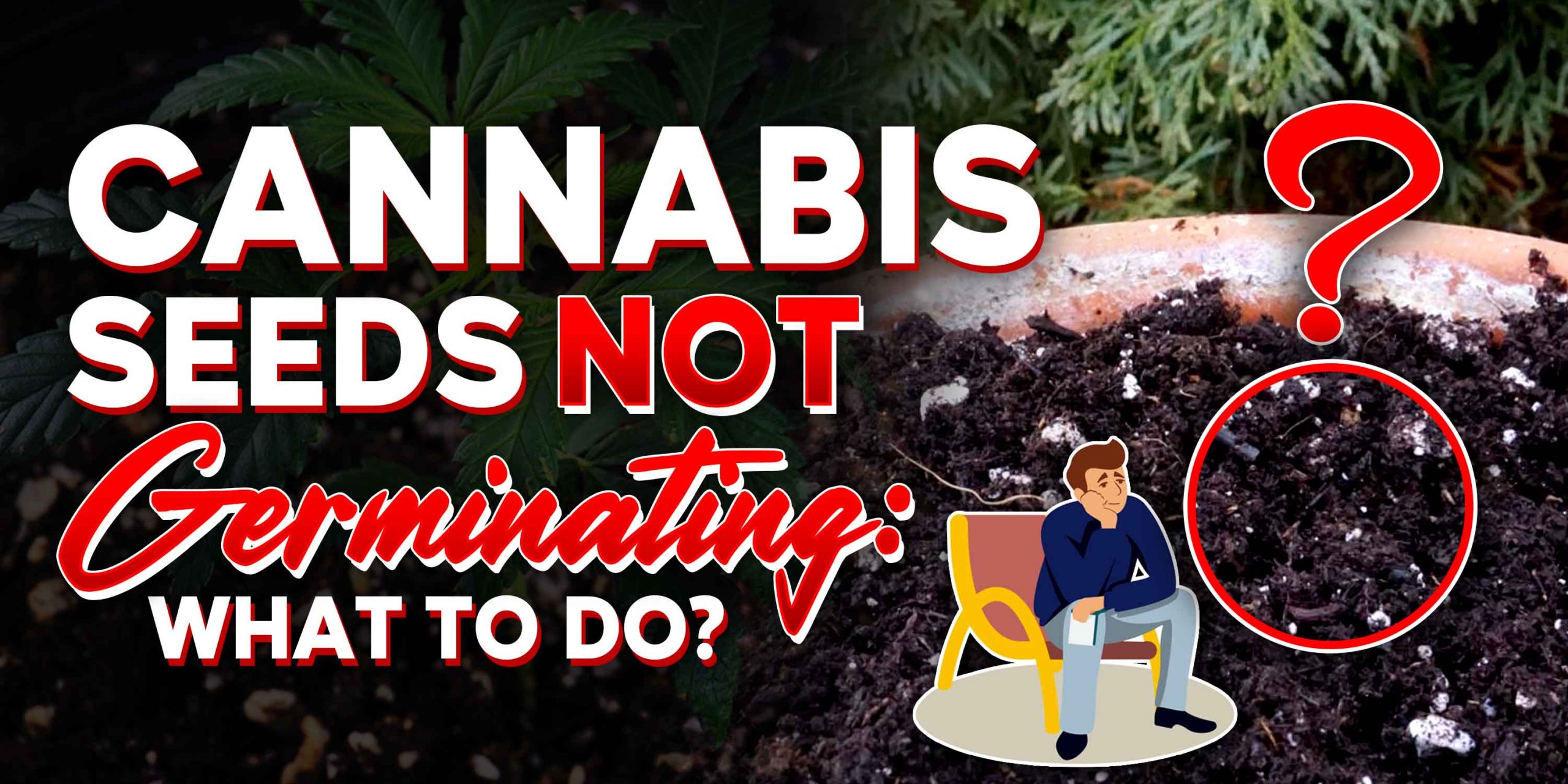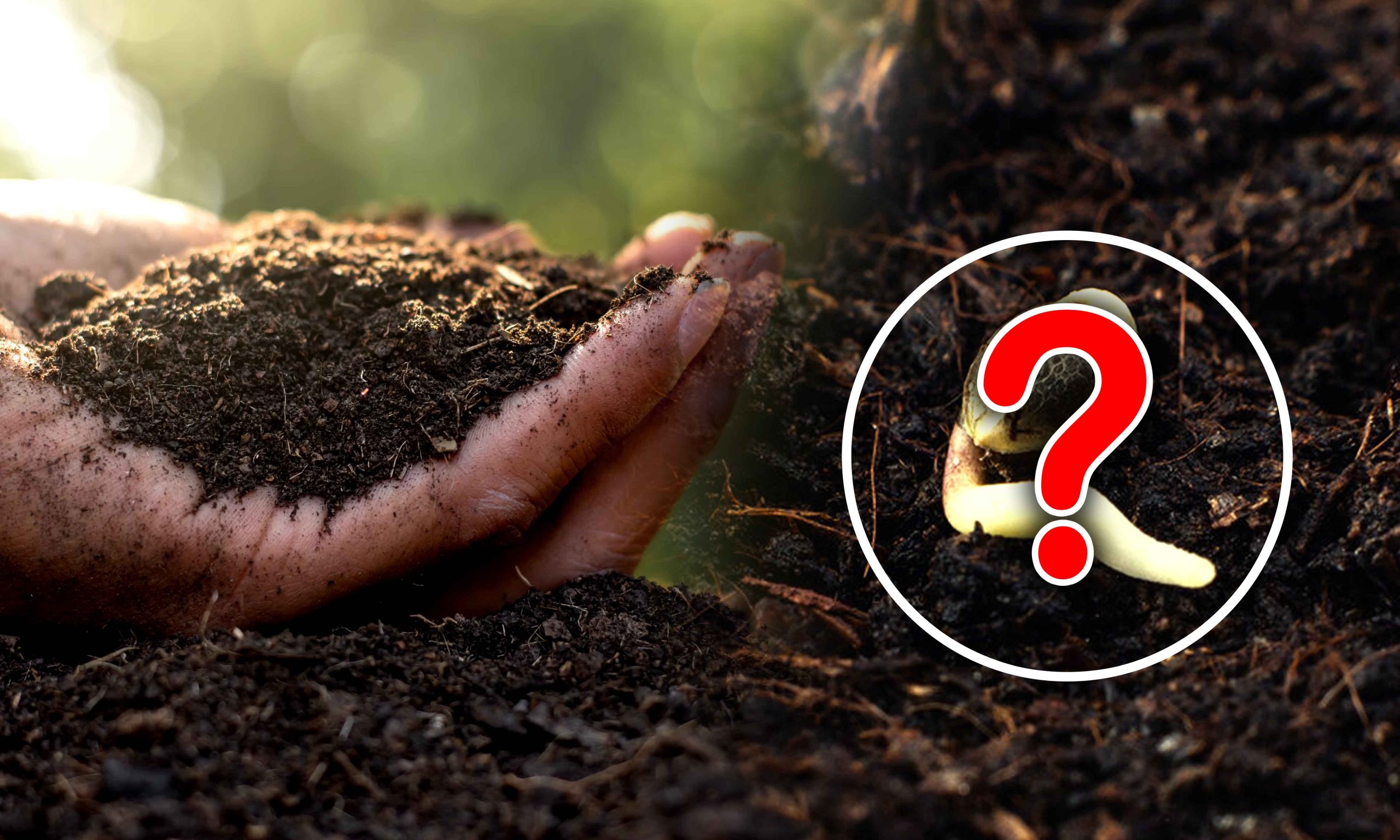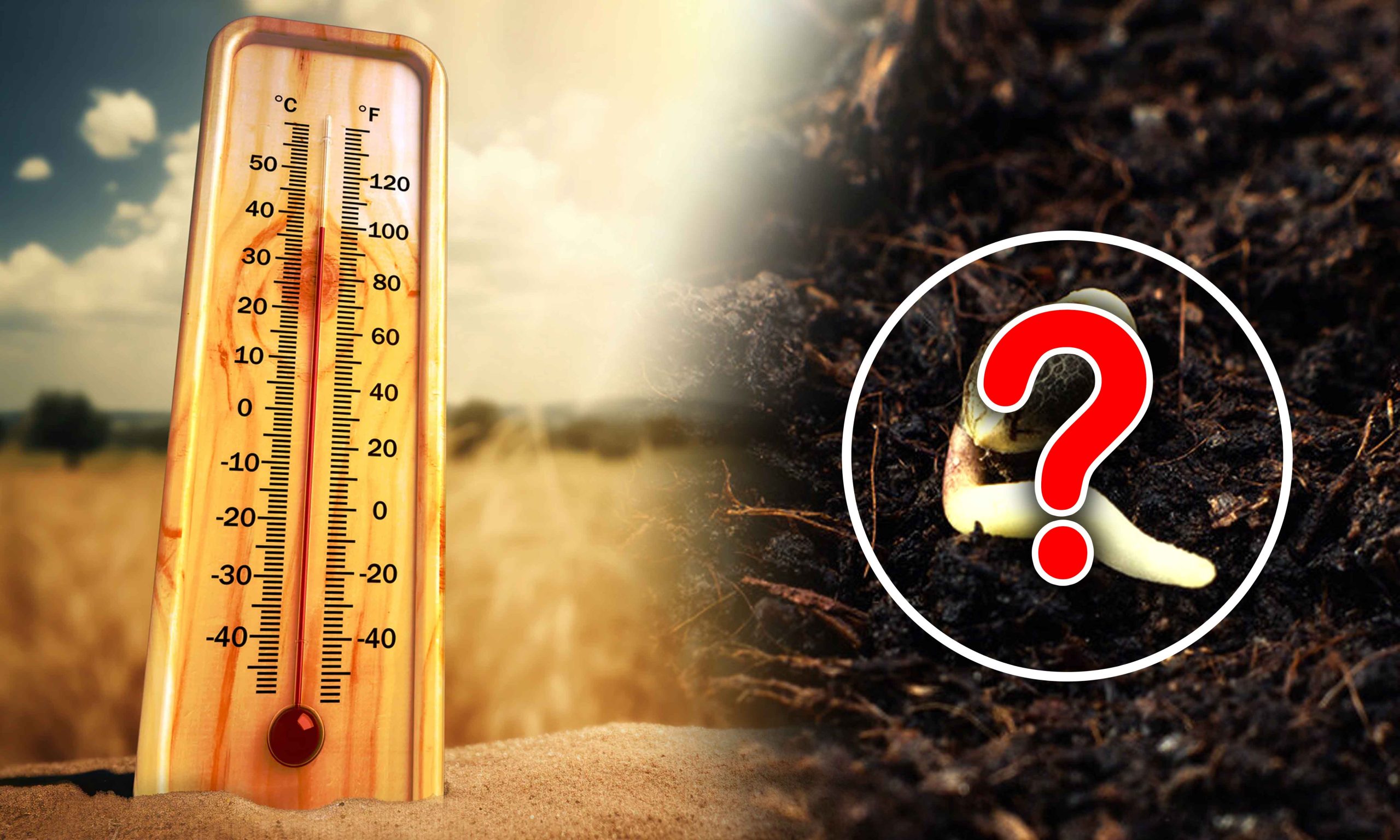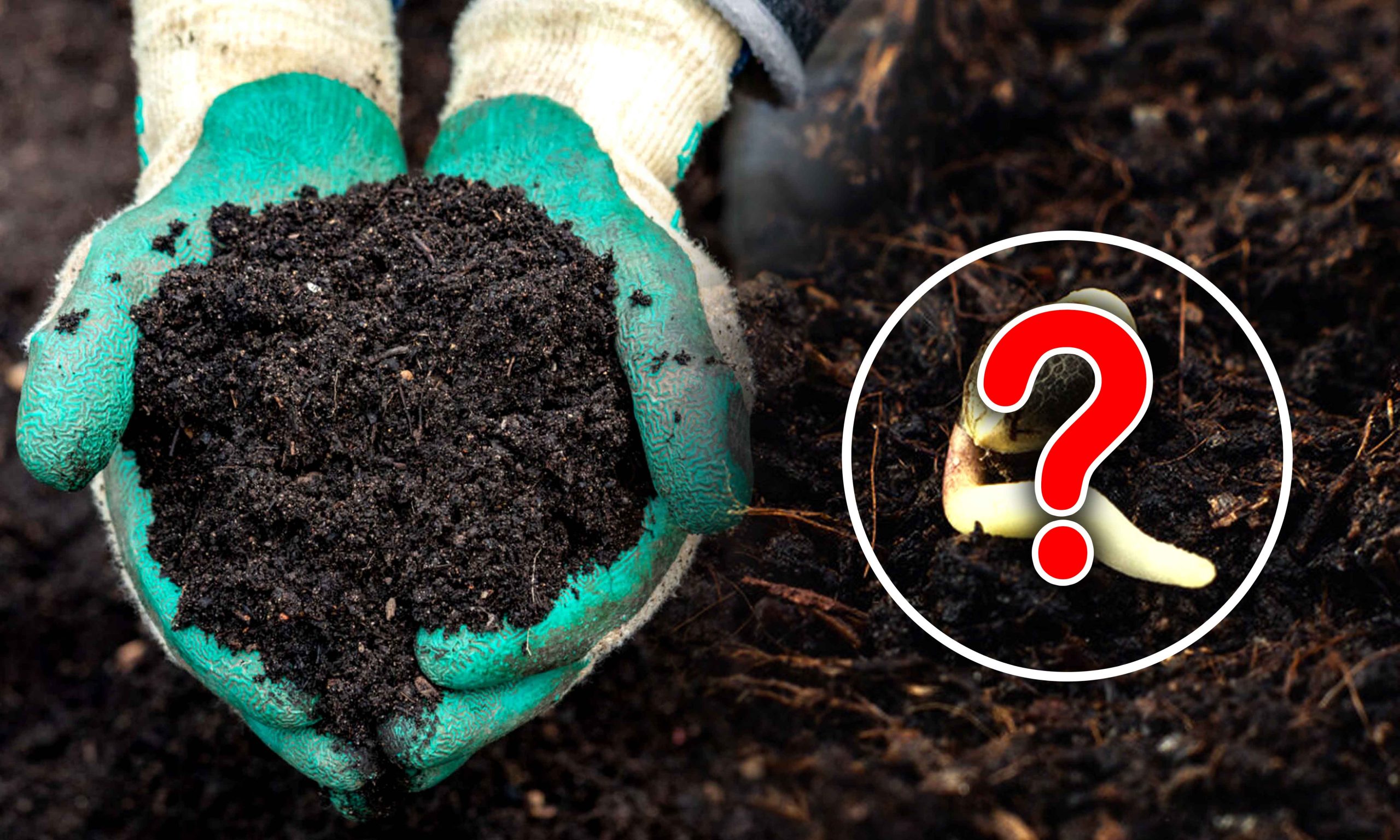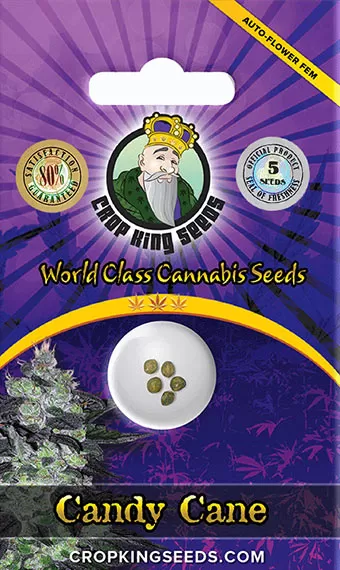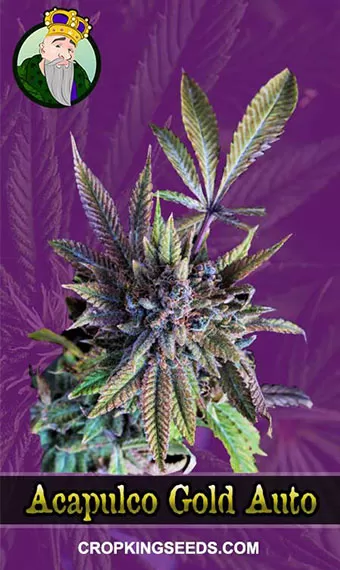Cannabis cultivation begins with the successful germination of seeds, a critical phase often overlooked by novice and experienced growers alike. Despite cannabis seeds boasting an impressive 99% germination rate, failure to achieve this outcome commonly stems from inadequate germination techniques rather than seed quality.
Understanding the reasons behind germination failure is paramount for optimizing cultivation efforts. While some may attribute unsuccessful germination to seed quality, the reality is that improper germination methods are often the primary cause. By recognizing and addressing these factors, growers can significantly increase their chances of successful seedling establishment.
Common Germination Mistakes
1. Improper Moisture Control
One prevalent error is the mismanagement of moisture levels during germination. Placing seeds on damp kitchen paper without ensuring consistent moisture often leads to desiccation or drowning. It’s essential to strike a delicate balance, providing adequate moisture without saturating the seeds. Failure to maintain optimal humidity levels can result in delayed or stunted germination, undermining the overall success of the cultivation endeavor.
2. Suboptimal Temperature Conditions
Germinating seeds in water can also result in failure, particularly if the water temperature is too cold. Cold water delays germination and predisposes seeds to rot. While warmer temperatures promote faster germination, excessively high temperatures can be equally detrimental. Careful temperature regulation is essential for creating an environment conducive to seedling development. Investing in a reliable thermometer and monitoring temperatures closely can prevent potential setbacks and ensure consistent germination outcomes.
3. Premature Soil Germination
Attempting to germinate seeds directly in soil or Jiffy pellets is another common misstep. The upper soil layers tend to dry out before germination occurs, necessitating excessive watering that risks drowning the seeds. This approach often leads to erratic germination times and compromised seed viability. To avoid these pitfalls, growers should prioritize pre-germination techniques, such as the use of plastic containers with dampened kitchen paper, to create an optimal germination environment.
Optimal Germination Techniques
1. Controlled Environment
Achieving consistent germination success involves creating a controlled environment conducive to seed development. Utilizing a plastic container with dampened kitchen paper provides an ideal germination chamber. This setup retains moisture, ensuring a favorable environment for seedling emergence. Additionally, sealing the container helps prevent moisture loss and maintains humidity levels, facilitating uniform germination and seedling growth.
2. Temperature Regulation
Maintaining a stable temperature above 20°C (68°F) is crucial for promoting rapid and uniform germination. Fluctuations in temperature can disrupt the germination process and compromise seed viability. Growers should prioritize temperature regulation by placing the germination container in a warm, consistent environment. Monitoring temperature fluctuations and making adjustments as needed can optimize germination outcomes and support healthy seedling development.
3. Light Management
Protecting germinating seeds from direct light exposure is essential for preventing premature drying and inhibiting germination. Covering the germination container with aluminum foil shields seeds from light while maintaining optimal temperature and humidity levels. Additionally, growers should avoid exposing germinating seeds to prolonged periods of darkness, as this can impede germination and hinder seedling growth. By implementing proper light management techniques, growers can create an optimal germination environment and maximize seedling success.
Germination Procedure
- Prepare Germination Container: Place cannabis seeds on dampened kitchen paper within a plastic container, ensuring even distribution and sufficient spacing between seeds.
- Seal Container: Seal the container to prevent moisture loss and maintain humidity levels, creating an enclosed environment conducive to germination.
- Monitor Temperature: Maintain a stable temperature above 20°C (68°F) throughout the germination period, utilizing a thermometer to monitor environmental conditions regularly.
- Check Moisture Levels: Monitor moisture levels within the container and replenish as needed to prevent desiccation, ensuring seeds remain adequately hydrated for optimal germination.
- Observe Seedling Emergence: Await seedling emergence, typically occurring within 2-10 days, depending on environmental conditions and seed viability.
- Transfer to Soil: Transfer germinated seeds to pre-moistened soil or growing medium for further cultivation, ensuring careful handling to avoid damage to delicate seedlings.
Conclusion
By adhering to proper germination techniques and creating an optimal growth environment, growers can maximize cannabis seed viability and ensure successful cultivation. Understanding the common pitfalls and implementing best practices are essential steps towards achieving robust and healthy cannabis plants. Happy growing!
FAQs
Q: How long does it take for cannabis seeds to germinate?
A: Cannabis seeds typically germinate within 2 to 10 days, depending on factors like temperature and humidity.
Q: Can I germinate cannabis seeds in direct sunlight?
A: No, it’s best to avoid exposing germinating cannabis seeds to direct sunlight as it can dry them out and hinder germination.
Q: Is it necessary to use special containers for germinating cannabis seeds?
A: While special containers like plastic containers with damp kitchen paper can help maintain optimal moisture levels, you can also use alternatives like paper towels or cotton pads.
Q: What should I do if my germinated seeds haven’t sprouted after 10 days?
A: If your germinated seeds haven’t sprouted after 10 days, it’s possible they may not be viable. You can try gently pressing on the seed to see if it’s firm or soft. If it’s soft, it may not have germinated properly.
Q: Can I speed up the germination process by increasing the temperature?
A: While warmer temperatures can promote faster germination, excessively high temperatures can also harm the seeds. It’s essential to maintain a stable temperature above 20°C (68°F) for optimal results.





